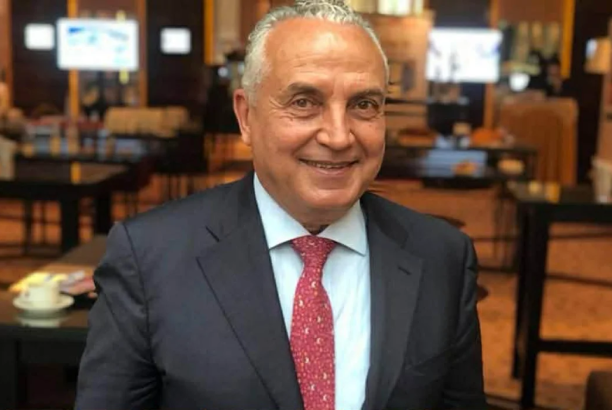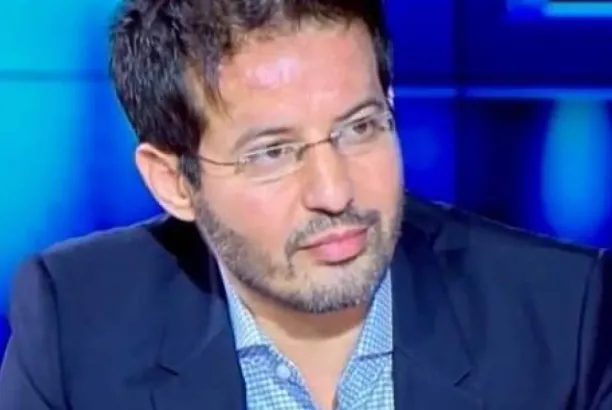
| Economic articles, Post Of The Week
El-Manea Writes: “Despite Challenges, Libya Will Be a Destination for Investors and Foreign Capital”
Advisor Mustafa El-Manea wrote an article published on the American platform Binzenga, stating: Libya will remain a destination for investors and foreign capital.
While national and foreign parties are preoccupied with fueling conflict and exacerbating living conditions in Libya, and despite the overwhelming challenges the country faces, which have led to widespread frustration among Libyans, foreign investors and global economic and development experts remain optimistic. They continue to view Libya as one of the most promising countries for investment opportunities due to its strategic location, abundant natural resources, and open market.
Many of my colleagues and friends in foreign investment funds, international banks, and global development institutions consistently highlight Libya’s untapped market and the highly attractive investment opportunities waiting to be unlocked. For instance:
- Jean-François Dauphin, Head of the Middle East and North Africa Division at the IMF
- Rick Perry, former CEO of HSBC North Africa
- Claudio Descalzi, CEO of Eni
- Michael Stein, Chief Economist at JPMorgan Chase
- Alexander Novikov, Head of International Investments at VTB Bank
- Tom Swan, Investment Director at Citibank
- Jonathan Walker from Energy Insights
- Philippe Andrews, Director of Development Finance at the EBRD
- Andrew King, of Wood Mackenzie
- Angel Gurría, former Secretary-General of the OECD
- Maxwell Cook, Investment Expert at BlackRock
- Mark Bevan, COO of ExxonMobil
- Matteo Calise, Chief Economist at the AfDB
- Gerald Meyers, Investment Advisor at Total Energies
…and many others, whose collective insights paint Libya as a gateway to Africa and Europe, offering unique logistical opportunities for trade between continents. With the largest proven oil reserves in Africa (ranking 9th globally with 48 billion barrels), Libya has a strong foundation for attracting foreign investment in energy, renewable resources, and infrastructure reconstruction, which alone is estimated by the World Bank to require over $200 billion.
Despite its challenges, Libya’s economy has shown signs of gradual stabilization, with IMF reports in 2023 and 2024 forecasting GDP growth at around 10%. Investment in Libya’s oil sector alone could exceed $20 billion to increase production to 2 million barrels daily.
Libya remains a promising hub for foreign capital, but unlocking its potential requires bold, methodical strategies and significant reforms, such as:
- Providing Investment Guarantees: Leveraging Libya’s international assets (worth over $170 billion) to assure foreign investors, and collaborating with international investment guarantee agencies like MIGA and the African Trade Insurance Agency.
- Streamlining Bureaucracy: Reducing inefficiencies in project oversight, which annually waste an estimated $30 billion without adding value.
- Fostering Public-Private Partnerships: Encouraging collaboration between Libyan and foreign capital to share investment risks.
- Developing an Investment Roadmap: Establishing a clear and prioritized investment strategy with detailed opportunities, legal frameworks, and incentives.
With a forward-thinking vision and collective effort, Libya can attract foreign capital, drive economic diversification, and break free from outdated administrative models, paving the way for comprehensive and sustainable growth.





